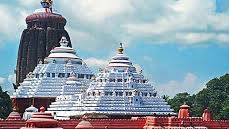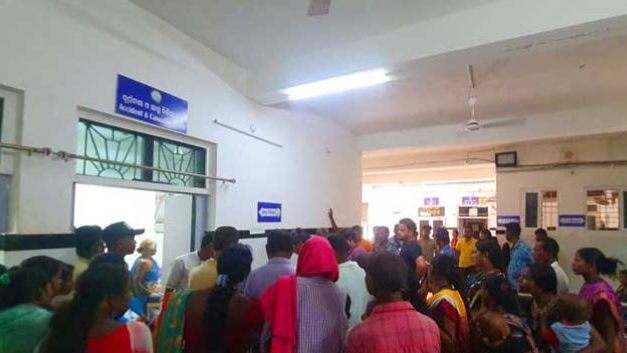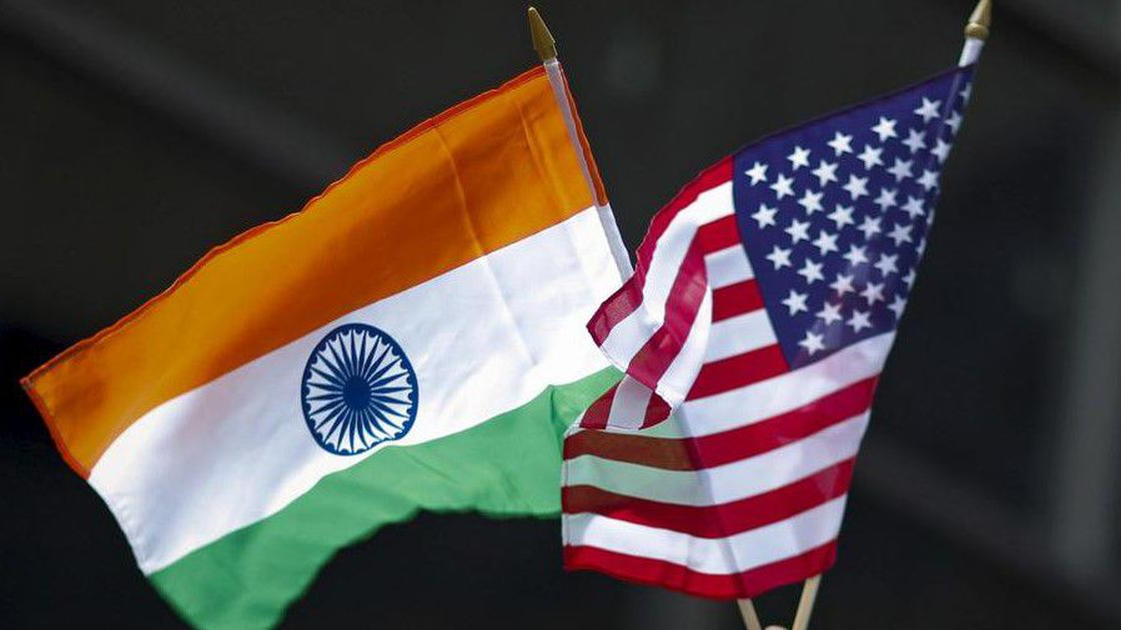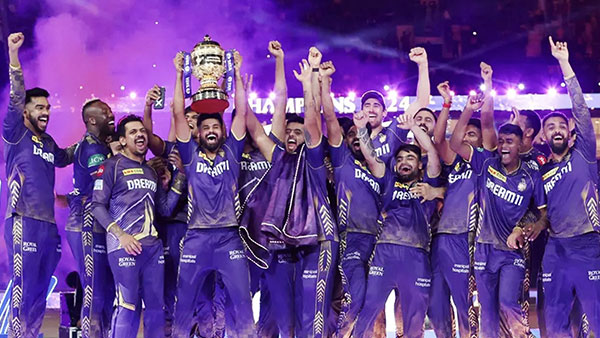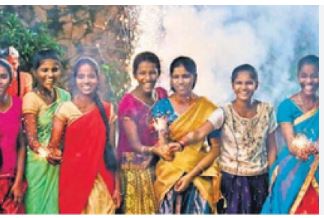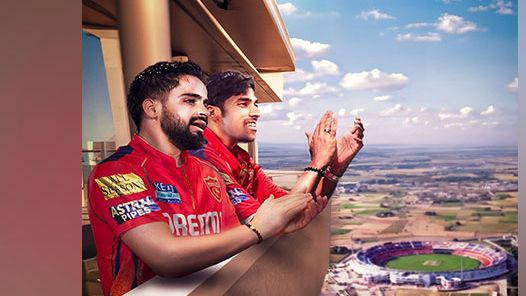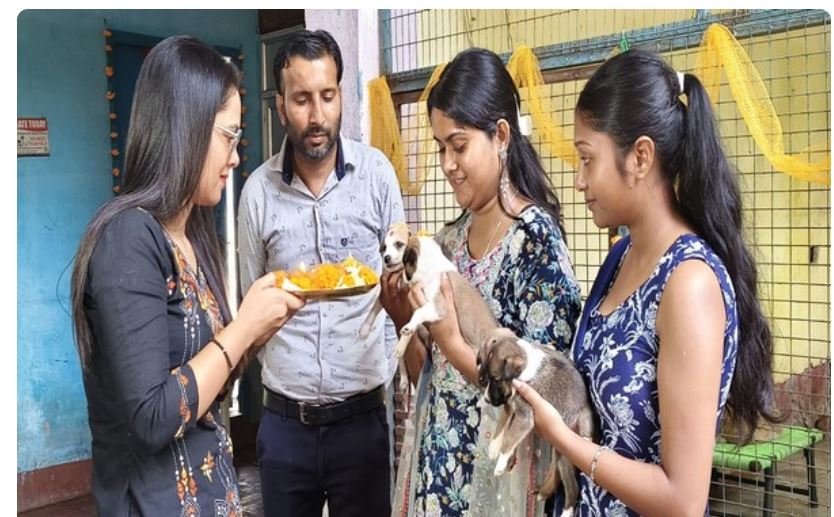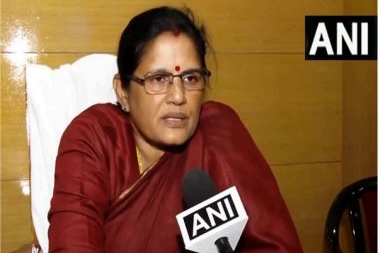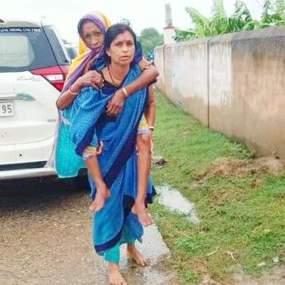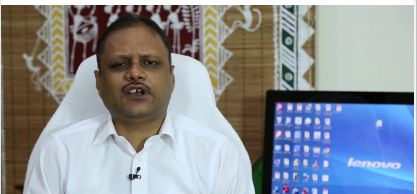Bhubaneswar: In the bustling lanes of Cuttack's Chowdhury Bazaar, 78-year-old Prabhavati Devi meticulously arranges banana leaves on her doorstep. It's 4 AM, and like thousands of other Odia households, she's preparing for another day of Panchaka – a unique five-day observance that precedes Diwali in Odisha, transforming regular households into centers of intense spiritual activity.
"These five days are considered more sacred than even the holiest of pilgrimages," says Prabhavati, her weathered hands now sorting rice grains for the day's prasad. "When I was young, entire neighborhoods would wake up before dawn. The streets would be filled with the sound of conch shells and women singing. Today's generation might have modified some practices, but the essence remains."
Panchaka, derived from 'Pancha' meaning five, falls during the final five days of Kartika month in the Hindu calendar. While other states move into festive preparations for Diwali during this period, Odisha observes these days with distinctive reverence and strict spiritual discipline.
Dr. Rabindra Mohapatra, a cultural historian at Utkal University, explains the historical significance: "Panchaka's origins are deeply rooted in Odisha's maritime history. Ancient texts suggest that these five days were considered crucial for maritime traders, as they marked a period of uncertain weather patterns. The ritual possibly began as a way to seek divine protection during these challenging days."
The modern observance of Panchaka comes with a detailed set of guidelines. Devotees wake up before sunrise, take ritual baths, and maintain strict dietary restrictions. "No food is consumed after sunset," explains Bijaylaxmi Sahoo, a priest at the Dhabaleswar temple. "Many families avoid root vegetables and certain grains. The focus is on spiritual cleansing through disciplined living."
But it's not just about restrictions. Panchaka has evolved into a community celebration that bridges generations. In Bhubaneswar's Old Town area, young professionals are finding innovative ways to maintain these traditions. Sujata Mishra, a software engineer, has created a WhatsApp group where members share daily Panchaka recipes and ritual timings.
"Initially, I struggled to follow Panchaka while managing my corporate job," Sujata shares. "But our group has helped many young people adapt these ancient practices to modern lifestyles. We even have live-streaming of morning prayers for those who can't visit temples."
The dos and don'ts of Panchaka reflect deep ecological and social wisdom. Sleeping on the floor, using banana leaves for meals, and avoiding food after sunset – practices that once seemed merely ritualistic – are now being recognized for their scientific merit. "These customs naturally align with circadian rhythms and sustainable living," notes Dr. Mohapatra.
However, urbanization and changing lifestyles present challenges. In apartment complexes, traditional practices like placing tulsi plants and lighting clay lamps often conflict with modern living arrangements. Yet, communities are adapting. The Kalinga Vihar Apartments in Bhubaneswar has designated a common area for residents to perform Panchaka rituals together.
"We've created a blend of traditional and practical," says Apartment Secretary Debendra Pati. "Those who can't follow all customs participate in whatever way possible. The spirit of Panchaka is about consciousness, not blind adherence."
For Odisha's younger generation, Panchaka offers a connection to their roots. Sixteen-year-old Anisha Patnaik, who helps her grandmother with the rituals, sees value in this tradition. "Initially, I found it restrictive, but understanding the deeper meaning has changed my perspective. It's like a spiritual detox before Diwali's celebrations."
As Diwali approaches, the significance of Panchaka in Odisha's cultural landscape becomes increasingly evident. While other regions dive straight into festivities, this unique observance provides a contemplative prelude to the festival of lights. It's a reminder that in the age of instant celebrations, there's still room for traditions that ask us to pause, reflect, and prepare.
"Panchaka teaches us that preparation is as important as celebration," reflects Prabhavati Devi, now watching her great-granddaughter arrange clay lamps. "In these five days, we learn patience, discipline, and gratitude – virtues that make the Diwali celebrations more meaningful."
As the sun sets over Odisha's temples and homes, the lights of Panchaka continue to illuminate not just houses, but also the path between tradition and modernity, showing how ancient customs can remain relevant in contemporary times.



